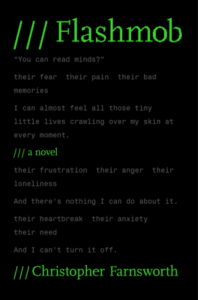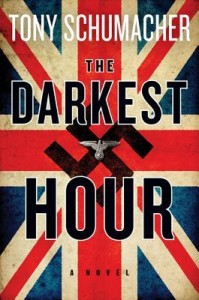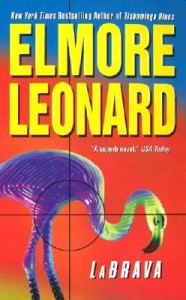It’s rare that I re-read crime fiction, but working on a new mystery of my own, I’ve been picking some of my favorite books to revisit for inspiration. The White Devil was at the top of my list, and here’s what I wrote about it for The Huffington Post back in 2011:
I’ve been reviewing crime fiction for well over a decade on-air, in print, and on-line, and always look for something original. I found it in Justin Evans’s amazing thriller The White Devil, my favorite crime book of the year.
Ask yourself what’s worse: thinking you saw a ghost or having it confirmed that you did actually see one? Andrew Taylor faces that creepy dilemma and a lot more in a book that ingeniously mixes literary detective work, a horror story, young love, academic satire, and cultural conflict between Americans and Brits. If that sounds like a lot, well, Evans is terrific enough to keep all the balls in the air at the same time. The White Devil is truly one of the most compelling thrillers I’ve read in the last few years.

The title is an obvious clue you’re signing up for a dark thrill ride since it’s the name of a play by John Webster, one of those grim Jacobean authors given to writing about ghosts, conspiracies, and revenge.
Sinister revenge is at the heart of the book, but Taylor doesn’t want anything dark at all when he comes to the elite English school Harrow. He’s screwed up big time at his previous prep school and this is his last chance, made possible only because his father gave Harrow a lot of money. Taylor desperately needs a fresh start and good grades, but he bears an unfortunate resemblance to Lord Byron, who also attended Harrow two hundred years ago. And Byron left some bitterness behind, bitterness that reaches out from another dimension and snares Taylor.
The writing in this novel is quietly beautiful and so balanced, so appropriate to the material that despite the propulsive story, I stopped now and then to read passages aloud to my spouse or just to myself. I wanted to savor and share the excellence of a superb storyteller. When it was over, I felt lucky to have spent a weekend with this gifted writer’s second book, even though I lost some sleep because the book was so fine it was hard to let it go.
Lev Raphael is the author of 25 books including the Nick Hoffman mysteries set in the wild world of academia.
Follow Lev Raphael on Twitter: www.twitter.com/LevRaphael









